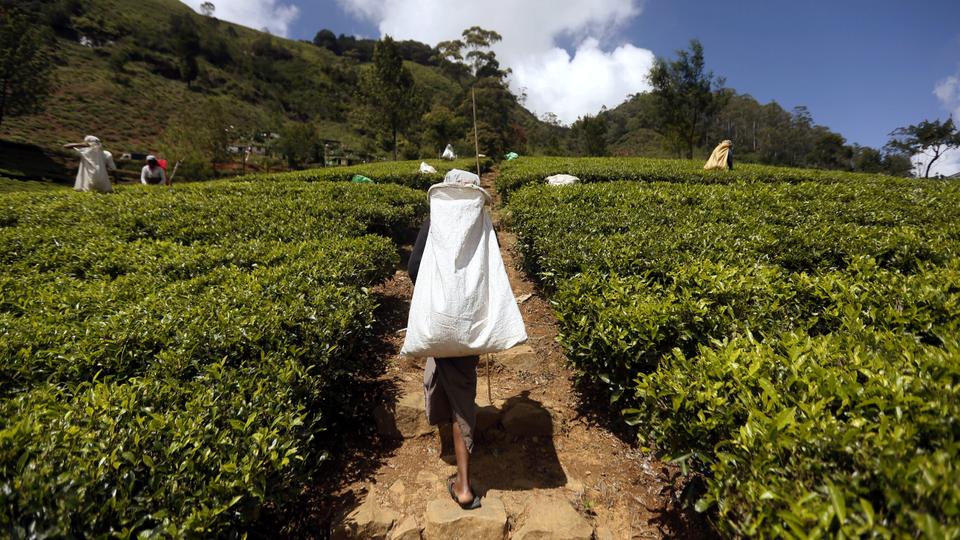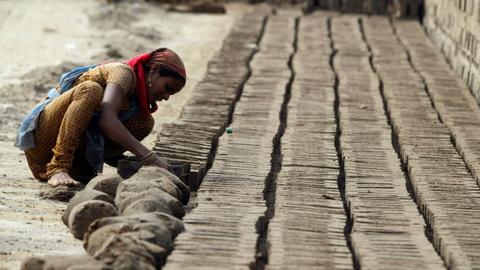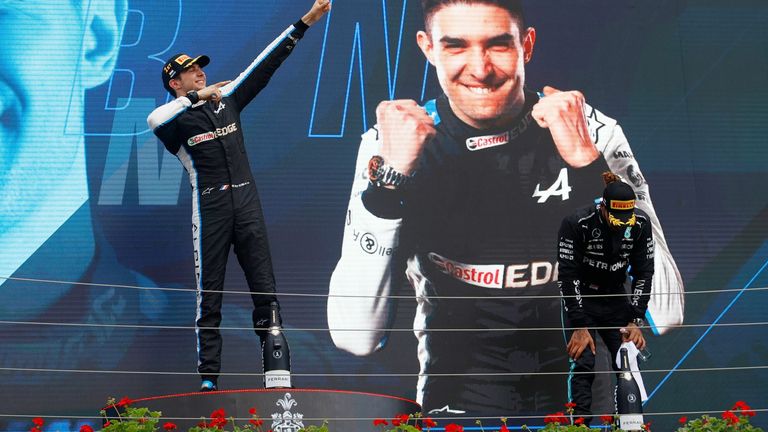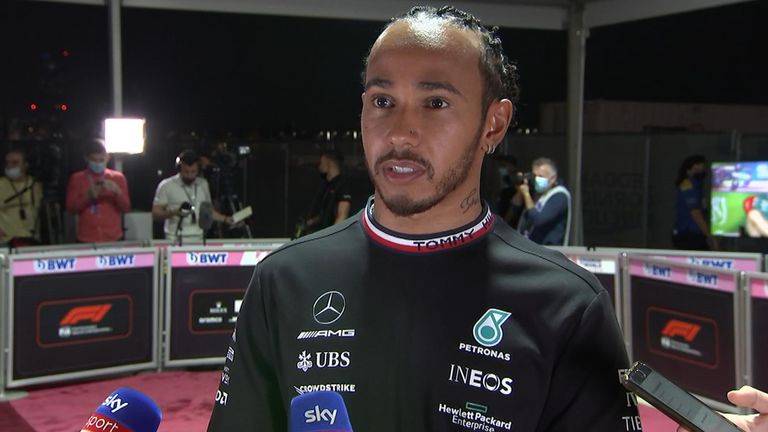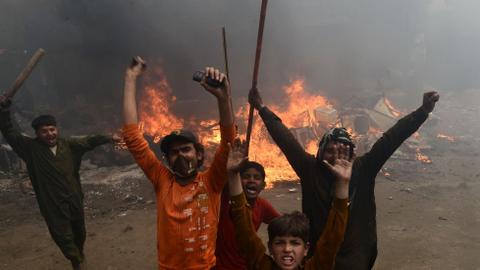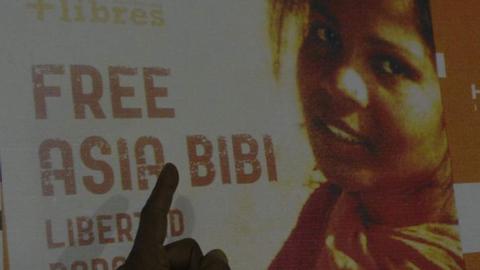Alejandro de la Garza
Thu., December 2, 2021

Carbon Engineering's pilot plant in in Squamish, British Columbia, is designed to pull CO2 out of the atmosphere. Credit - Courtesy Carbon Engineering Ltd.
Steve Oldham has had a pretty good past few weeks. He runs a company called Carbon Engineering, which plans to build huge machines to suck carbon dioxide out of the atmosphere and store it underground. And last month, a pair of announcements from the U.S. government may have given his industry the public sector stimulus it’s been awaiting for years.
“‘Awakening’ is a good word,” says Oldham, characterizing the moment. “This is the first time they’re saying ‘the United States needs to do carbon removal on a large scale.’”
On Nov. 5, the U.S. Department of Energy threw its weight behind Oldham’s tiny sector, announcing a new “Earthshot” initiative to find ways to lower the cost of pulling carbon out of the atmosphere. Ten days later, President Biden signed the country’s new $1 trillion infrastructure bill into law, a small portion of which ($3.5 billion) will go towards building four direct-air capture facilities around the country. But for the fledgling direct-air carbon capture sector, that little slice of federal money could be a big boost.
“We’re going from tens of millions of dollars in R&D and earlier stage funding…to there being $3.5 billion,” says Noah Deich, president of Carbon180, a nonprofit that advocates for carbon removal as a method of addressing climate change. “That’s just a huge change in the conversation, and I think will have a really big impact in the real world.”
Most carbon capture and storage (CCS) technologies in use and development grab carbon produced by industrial sources like power plants before it enters the atmosphere. These CCS approaches (which also will get funding through Biden’s infrastructure bill) have a much longer track record than direct-air capture, which has long been seen by many experts as an ambitious idea but unlikely to scale to the point where it’d be worth the investment.
The direct-air capture hubs funded by the infrastructure bill would each be able to pull a million tons of CO2 out of the air every year, though the details of who will be building those hubs isn’t clear yet. Those projects will be similar to the scale of privately funded facilities planned by Carbon Engineering in the coming years. To make a dent in climate change, the world would have to be sequestering thousands of times more carbon dioxide than those projects will annually. But for Carbon Engineering, Oldham says the government funding is something of a confirmation that they’re on the right track. “It’s really crystalized for people at the company that what we’re doing here is very significant,” says Oldham. “Getting validation for that is huge.”

An artist rendering of Carbon Engineering's planned direct-air capture plant in Texas, scheduled to begin operating in 2024.Courtesy of Carbon Engineering Ltd.
Not everyone in the climate community is glad to see the government sink public funds into direct-air carbon capture projects. JL Andrepont, a policy analyst at 350.org, says those policies amount to a giveaway to the fossil-fuel industry, which is simply looking for PR that will justify continuing to burn oil, coal and natural gas. The largest current use of captured CO2 is in that industry, with facilities injecting compressed gas into oil wells as a method of extracting more petroleum. “To say that we’re extremely disappointed with the [federal] funds put out for carbon capture would be an understatement,” says Andrepont. “It’s essentially a scam.”
Jake Higdon, manager for U.S. climate policy at the Environmental Defense Fund, notes that the world will likely need to find a way to pull billions of tons of carbon out of the atmosphere in the next 30 years. Direct-air capture is one way to do that; biomass (for instance, planting trees) could be another. “What we don’t know is which approaches are likely to be the most promising,” says Higdon. He is certain, however, that we should not support carbon removal projects that use captured CO2 to help produce more oil.
Oldham, whose company plans to use captured CO2 for enhanced oil recovery at a facility in Texas’s Permian Basin, slated to open in 2024, says that oil will be essentially carbon negative, as the facility will capture and store more CO2 than is contained in the oil it extracts (Oil companies Chevron and Occidental Petroleum are substantial investors in Carbon Engineering). But Mark Jacobson, a professor of civil and environmental engineering and Director of Stanford University’s Atmosphere/Energy program, doesn’t think that Oldham’s climate-friendly oil scenario is possible. “They just make up numbers,” he says. “They’re not atmospheric scientists trying to do this. They’re just people trying to make money, and they’re giving you nonsense.”
Diech of Carbon180 thinks the U.S. should “focus” on direct-air carbon capture that doesn’t involve enhanced oil recovery (one such plant opened in Iceland this year). And experts stress that direct-air carbon capture is by no means going to give humanity a longer runway to phase out fossil fuels—if we want to have a livable climate in the next century. “There may be a place for some level of carbon capture [and] storage in a 1.5°C future,” says Juliette Rooney-Varga, a professor of environmental science at University of Massachusetts, Lowell and director of the school’s Climate Change Initiative. “But there’s so much more that we need to do first.”
Jacobson and other experts say public funds are much more effectively spent expanding clean energy technologies, like wind and solar, rather than building direct-air CCS systems. The logic is that building a wind plant to replace a coal power station, for instance, would negate more net emissions than building that same renewable power alongside carbon capture equipment to try and cancel out emissions retroactively. If those direct-air carbon capture plants are powered by fossil fuels, Jacobson argues, the “total social cost” from the facilities, like air pollution from burning natural gas to run them, means it’s better to have not bothered building them at all.
Deich objects to the characterization that direct-air carbon capture funding would come at the expense of other emissions reduction efforts. “It’s not a fixed pie,” Deich says. “If it were, I would…advocate to spend money deploying the clean energy piece. But it’s not.”
Jacobson calls that characterization “a lie.” “That’s money that’s not going to building new wind farms, solar farms, batteries, electric cars, [and improving] energy efficiency of buildings,” he says. “All these things that are far more efficient than direct-air capture.”
There is funding for some of those points in the infrastructure law, though even those measures account for only a small down payment on the huge investments that will be needed. The law allocates $7.5 billion for EV charging stations, $65 billion in upgrading grids, and $7.5 billion for electric and low-emission buses and ferries. A national EV charging network is likely to cost close to $50 billion, the price tag of a clean grid could be a massive $4.5 trillion and the cost of electrifying even half of the nation’s school buses is $25 billion. A larger set of climate measures is planned in Democrats’ budget reconciliation legislation, which has not yet been passed.
For better or for worse, disagreements over setting aside funding for direct-air CCS may have become moot when President Joe Biden signed the infrastructure bill into law on Nov. 15—at least as far as this legislative cycle goes. At the very least, the results of that funding may give policymakers and citizens more information about the prospects of carbon removal tech going forward. Higdon, of the Environmental Defense Fund, notes that direct-air carbon capture technology has only been used in relatively small-scale demonstrations up to this point. But now with federal money—and the expectation to produce big results that comes with it—those potential solutions for sifting CO2 out of the skies may have reached a moment of truth. “It’s seen as a big test of the technology moving forward,” Higdon says. “We need to be able to show we can do this at large scale.”
New Canadian Facility to Produce Renewable Fuel From Air
Dec. 03, 2021 11:30AM EST
